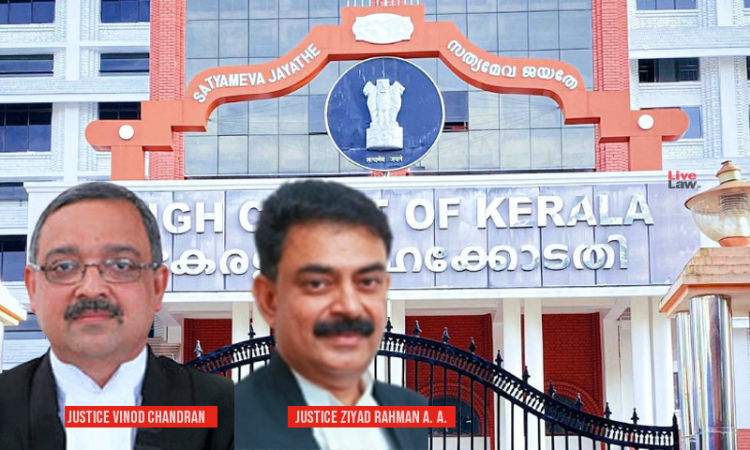'NIA Recorded Inadmissible Confessions In Anxiety To Wrap Up The Case': Kerala High Court While Acquitting Accused In Twin Blast Case
Hannah M Varghese
28 Jan 2022 7:40 AM IST

The Court also found that there was no reliable evidence to incriminate them accused beyond reasonable doubt.
Next Story


